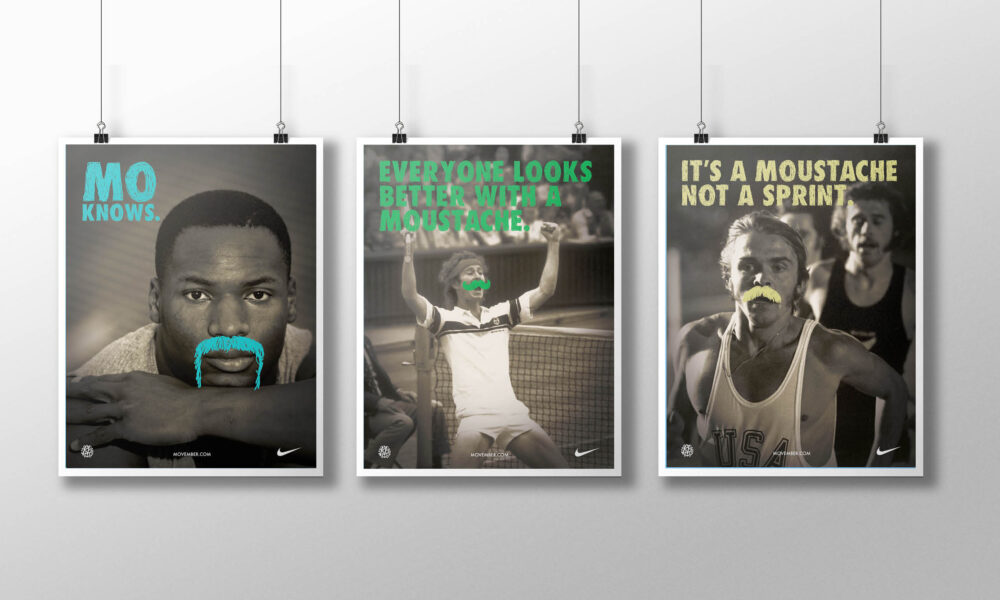The Movember movement’s popularity has risen over the past decade since its founding in 2003. Movember is an annual event where participants grow moustaches during November to raise awareness for men’s health concerns, primarily cancer. Recently, however, they expanded their mission to support men’s—often overlooked—mental health struggles. In Canada, men account for 75 per cent of suicides, linking to pervasive stigma around mental health. Many organizations like Movember are working tirelessly to dismantle this culture and destigmatize men’s mental health.
Certain marginalized communities face distinct challenges when it comes to their mental health and their access to support. The lack of diverse voices within discussions of men’s mental health must be brought to light to address concerns unique to BIPOC men, and Movember must take an intersectional approach to create universally effective campaigns.
BIPOC communities historically and currently face systemic discrimination, and harmful stereotypes continue to affect the way Black men are treated in medical and social spheres—discouraging conversations about mental health. This rhetoric comes from within communities and from institutions that have historically discriminated against racialized men, such as school systems. Many view mental illness as a personal shortcoming rather than a real, diagnosable, treatable reality. When this reluctance to address mental health is paired with racism, the consequence is Black men often exhibiting searing hatred and distrust toward not only the system, but mental health treatments, and even themselves. Given that BIPOC communities face systemic discrimination in healthcare, there is often a lack trust in the fields of psychology and therapy. But, there is also a gap in representation in psychology. Due to a lack of analogous life experiences, white clinicians frequently underestimate the effects of racism on a person’s mental health, resulting in poor quality of treatment. This lack of diversity widens the gap of experience and knowledge regarding various traumatic and life-altering experiences between physicians and therapy-seeking individuals.
This year, a move was made toward addressing mental health concerns amongst racialized men through a partnership between Contiki and Movember. This included a series of virtual panels to discuss challenges to BIPOC mental well-being. The panels aimed to offer tools and methods that men can take to support and empower themselves and others. This is an excellent step forward to showcase the particularities of racialized men’s mental health and help tackle the issue of lack of resources and treatment.
When speaking to McGill students about their work load, there is often a consensus: McGill is notorious for its academic rigour and high expectations. The reality is that many students risk their mental or physical health in order to excel in their coursework. BIPOC students face especially harmful situations when McGill’s demanding academic environment is paired with racially rooted stigma around mental health. McGill, therefore, must increase their mental health resources for their BIPOC students: The university should hire counsellors who can cater to the BIPOC student population. Frameworks that centre white students’ experience cannot be expected to work for racialized individuals.
McGill seems to have understood this to some extent; they have recently started to offer mental health resources for the BIPOC community. Particularly, the Student Wellness Hub offered a limited time workshop series called “Being Black at McGill.” The workshop series was a chance for Black students to share their experiences while reflecting on the impact racism and discrimination can have on their mental health. The workshops’ popularity indicates the need for McGill to offer more resources and campaigns to suit the needs of BIPOC students. Movember is a strong and poignant campaign because men’s mental health continues to be overlooked, but we must pay careful attention to the individuals and communities who face the brunt of it and make change for them—because we see them and they deserve more.








